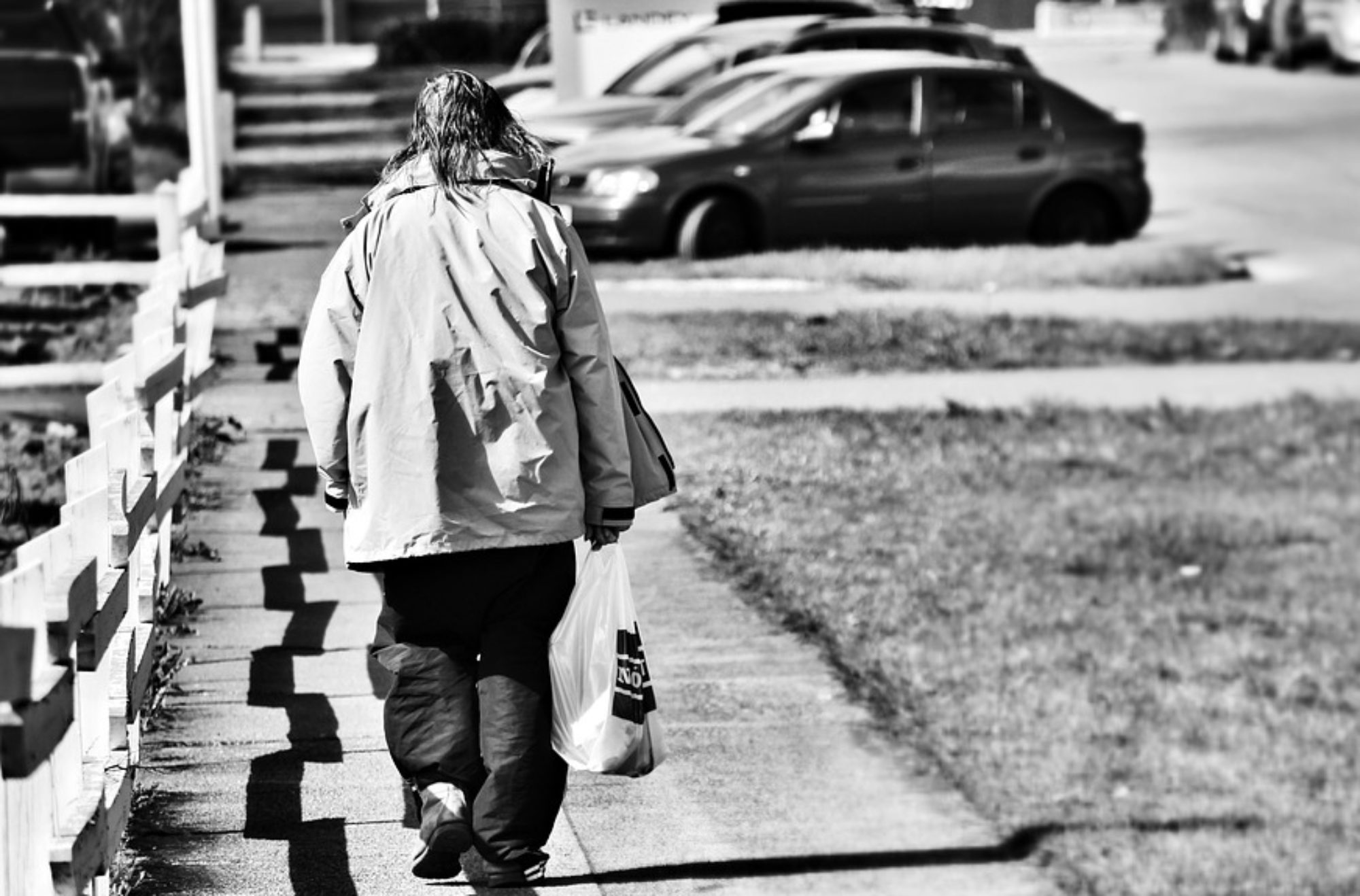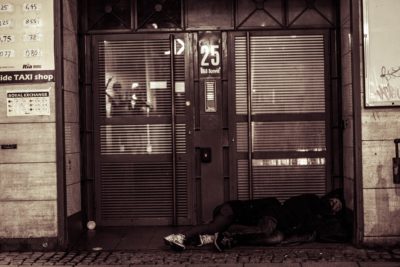Breaking Poverty Cycles
For the record, I probably would not believe this story had I not been sitting in the room when it happened. I was volunteering with an organization that works with homeless youth when I saw firsthand how serious the implications of these statistic can be. A local bank was doing a seminar for the kids on how to open a bank account. The young woman giving the seminar was very nice and professional. She went through the very basics of how a bank account works and why they are helpful. When all of the sudden, one of the young men in the room interrupted her with a series of questions. He was shocked and appalled at her matter-of-fact-ness in suggesting it a good thing for him to allow someone else to take and store his money. He let her know that he was having none of her nonsense. He promptly let her know that the only way to keep money safe was to hide it. I have never witnessed disbelief like what was on her face that day. I have often wondered what happened to this young man. What hope does this young man have for the future? How will he ever be successful when something so small as a bank account is such an outlandish idea?
I pastor a small church in a neighborhood that is impacted heavily by poverty.
Within a mile circle of my church, there are hundreds of homeless, low income apartments, duplexes filled with single mothers, and a trailer park that was recently the focus of a major DEA sting operation. This trailer park borders the local Elementary School. Right next to one another exists poverty and promise. As I watch the children that bounce along the sidewalks as they make their way to and from school, I wonder about their future. So, I can sleep at night I tell myself that all of these kids will have the chance to break out of the poverty in which they find themselves. I tell myself the schools are teaching good financial habits. I tell myself this, even though I am aware that 45% of kids that spend more than half their childhood in poverty will be poor at age 35. My soul groans to think that half of these wonderful children are going to struggle financially. I really do not like to feel this way. So, most days I worry about the countless other things that pastors have to worry about and the kids often go unthought- of.
For young men like in the first story and for the kids bopping along the sidewalk in my church’s neighborhood, it will take a lot of effort in education and mentoring to reduce the likelihood of these children remaining in poverty. It is said by the National Adult Literacy Survey that three-fourths of all welfare/food stamp recipients perform at the lowest levels of literacy. Financial education or financial literacy is something these young people may never receive at home or in school. Kids in poverty cycles grow into a mindset that is simply focused on survival. Having money that makes money is a foreign concept for those struggling to pay the power bill. Things like portfolios and long-term investments quickly go by the wayside when the basics of survival are at risk.
There is hope for these young people though. We know that through proper financial education these young people can have the opportunity to curb the statistics that threaten to hold them in this never-ending poverty cycle. All over the world, people are working to see that poverty is less of a barrier for those in its grasps. Through things like meeting emergency needs, financial education, conflict resolution training, and creating access to resources, poverty is being alleviated. Worldwide there are people that are investing their time and resources into the wellbeing of these folks who would be otherwise stuck. For the kids of my neighborhood, it is going to take the sweat and hard work of some people that care to make a difference. I truly believe that if those willing can catch these young people early, we can make a difference. If we can help to foster in them good ethics and financial skills they might be better equipped as adults. If we can walk with them through their lives encouraging and building them up, then they may have a better chance to break free. This cannot happen without the intentional effort of neighbors caring about neighbors.
This website seeks to pool together some resources to make this job a little easier for those seeking to make a difference. It is a big job, but it is a necessary job. Nelson Mandela said, “While poverty persists, there is no true freedom.” There is freedom, it is available, but even the rich have no access to it until humans are not left to suffer. As a pastor who truly wants the best for all those who live in the neighborhood. I pray that the middle and upper-class folks that find themselves content, will begin to wake to the idea that if one is suffering, we all suffer. I pray that we all begin to see the bondage in which we find ourselves when our neighbors suffer. I pray that we find our way to being the body of Christ who redeems and restores even the overlooked.
_______________________________________________________
Rev. Matthew Findley, a contributor to this blog, is an Full-Time Local Pastor for the United Methodist Church in Florida. Matt holds a M.Div. from Asbury Theological Seminary and he is the senior Pastor at Faith UMC in Orlando, Florida. He is married and have two kids age 11 and 4. Faith UMC works with several organization locally to help eradicate poverty in low income communities in East Orlando.

